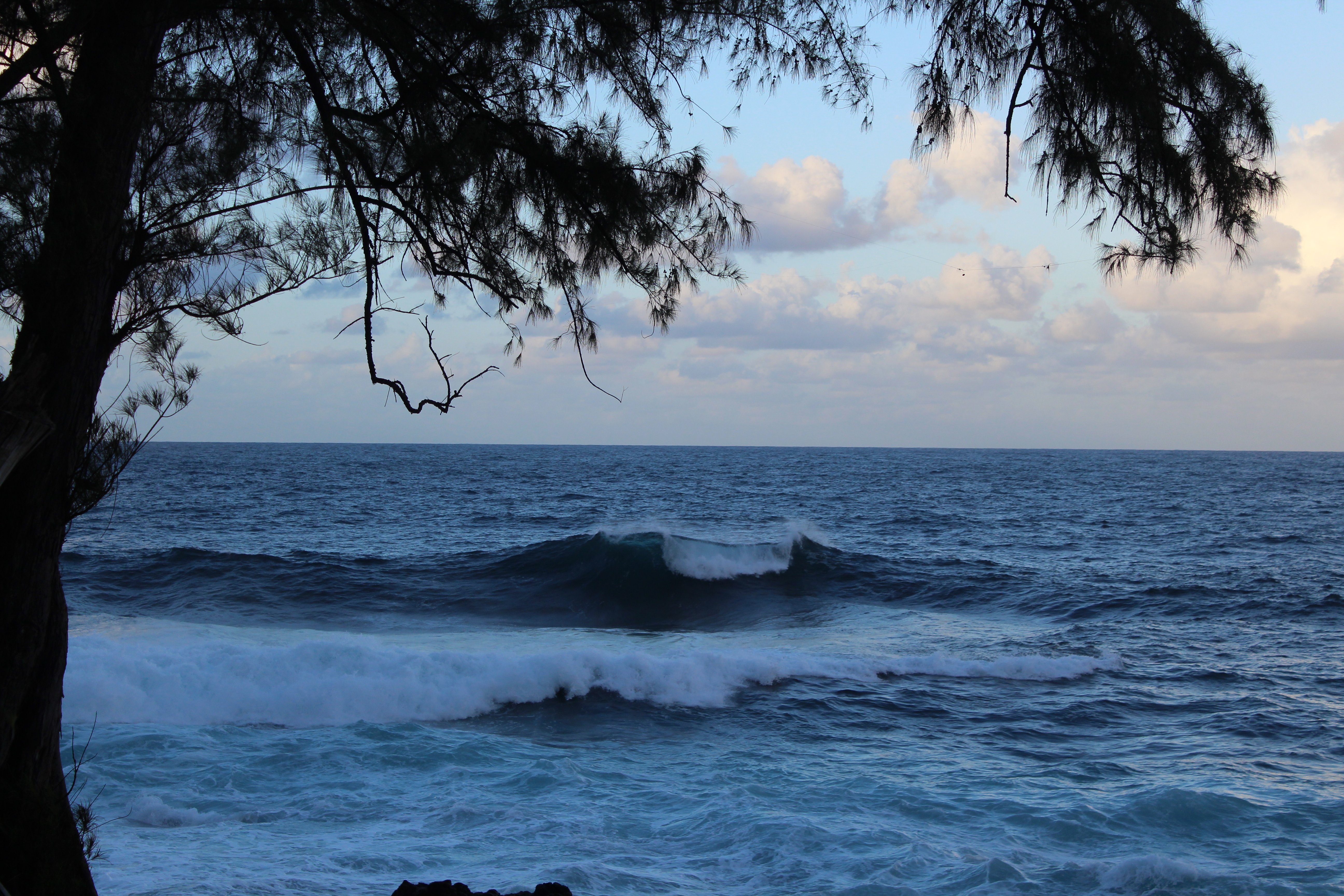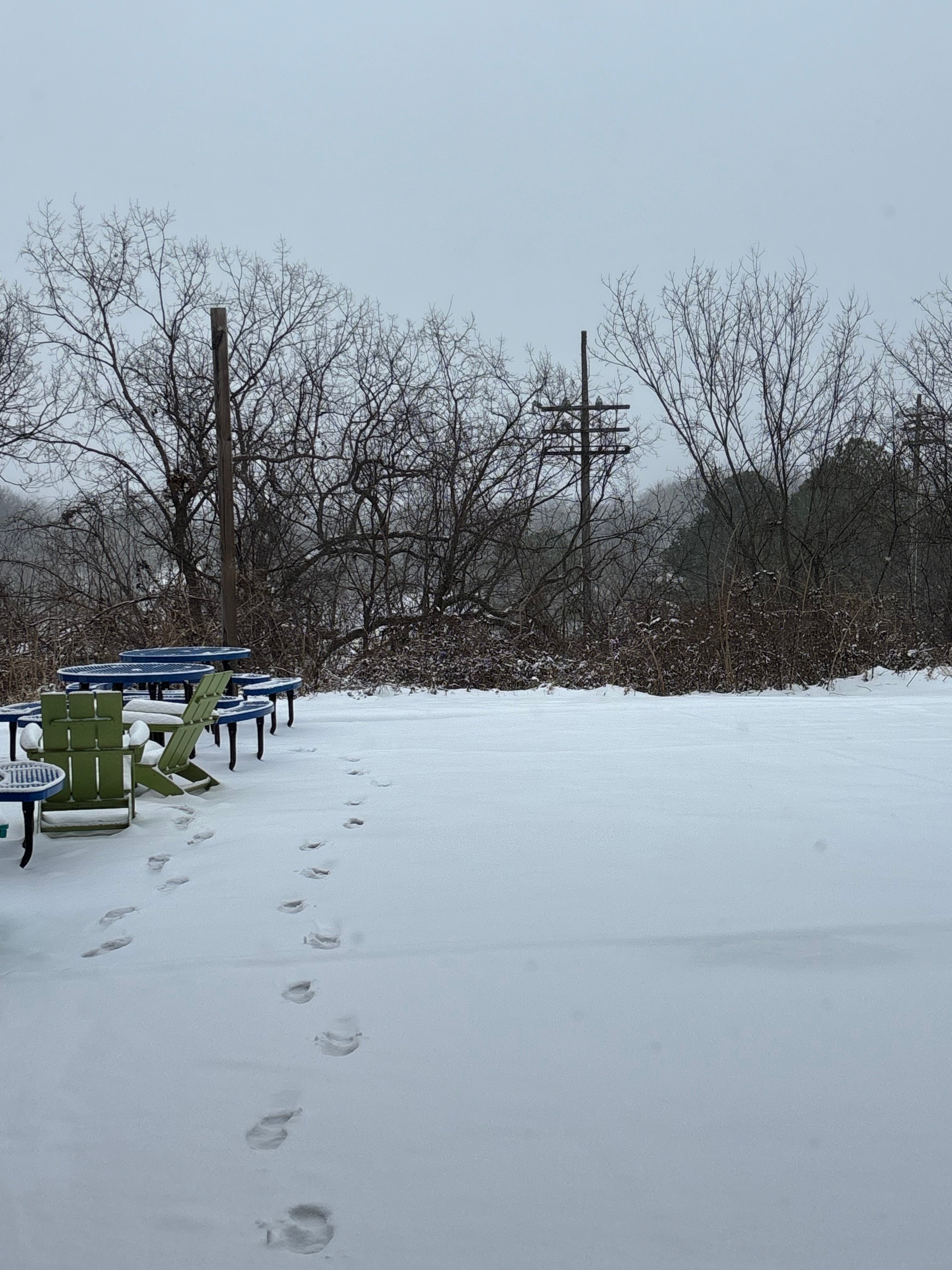![]()
At the beginning of the fall 2020, just over a year ago, John Brown University’s Creative Dining Services greeted students with new protocols.
The deli was only available for mobile orders. Students would have to wait in single file lines around the perimeter of the cafeteria in order to get food. One of the more controversial changes was the cafeteria’s switch from washable plates and metal utensils to paper and Styrofoam cups and plates with plastic utensils. This allowed students to eat outdoors or take their meal to go, but many students wondered about the environmental impact of this convenience.
Halfway into this semester, the cafeteria decided to move back to washable plates.
The option to eat outdoors is still available, and students just need to place their plates on an outdoor bussing station. The cafeteria also launched a reusable to-go box program, which allows students to take a storage container with them, wash it and bring it back however frequently they need.
“We are excited to make a smaller impact on the environment, which we can do with your help,” the cafeteria said in the Here and Now weekly newsletter from Sept. 13.
This push toward a more sustainable model highlights some of the measures already in place. JBU launched its zero-landfill project in 2012, which would prevent all waste from ending up in a landfill.
“We recycle about 45% of our waste and the rest goes to incineration in Tulsa. The heat from the incineration process is used to generate electricity,” according to Steve Brankle, director of facilities and lead director of the zero-landfill initiative. Since 2012, JBU is Arkansas’ first and only zero-landfill campus
It takes everyone on campus in order to make zero-landfill work.
“It’s everyone. The first step happens with students, faculty and staff in the recycling process. This is where most of the 45% is diverted in recycling. The next step is the custodians collecting it to a common place in a building and then the grounds crew taking it to the compactor. Once the compactor is full, the City of Siloam takes it to Tulsa to be incarcerated,” Brankle said when asked who on campus is a part of making the project work.
Students who were worried about the environmental impact of the to-go boxes from the cafeteria were potentially unaware that, while the JBU community was creating more waste, none of it was sent to a landfill.
About a decade ago, a few students, faculty and staff were really concerned about JBU’s environmental footprint, and they acted. Gunnar Shaffer, a member of the JBU Board of Directors, was the first person to hold the Student Government Assocation (SGA) campus sustainability position.
According to the SGA website, this position no longer exists. “My first job was taking out the trash and recycling all over campus on the 6 am work-study shift,” Shaffer said. “But the recycling was basically nothing, and that frustrated me because each day I was literally throwing hundreds of pounds of things into the huge trash dumpsters.”
The recycling and zero-landfill projects were, “part of a project for SIFE or now known as Enactus,” Shaffer said. He worked with Obed Diaz, Daniela Reyes, Cindy Achieng, Francisco Quintanar, Brankle, and professors Ted Song and Susan Newton.
Together, they placed blue recycle bins in each classroom, removed the large dumpsters to prevent people from throwing out large furniture at move-out, collaborated to send the non-recyclable waste to a waste management in Oklahoma for burning into fuel.
Some other projects include the wind turbine, constructed in 2010, and the solar system on the engineering building, built in 2013.
JBU’s history of positive initiatives for the environment goes back even further than a decade ago.
A retired professor in the Bible department, Robbie Castleman, was one of 100 students in the US to plan the first earth day in 1970. Castleman represented the National Student Nurses Association on the first earth day in a sub-committee about medical waste disposal. In a 2020 interview with the Siloam Springs Herald-Leader, she compared the earth to a Christmas ornament, “breakable and fragile.”
Environmental sustainability is not easy to achieve. This is why three-quarters of Americans say they are concerned about the environment, but only 20% say they try to protect the environment through their actions every day. It is to be praised that JBU has been upholding environmental sustainability initiatives for nearly a decade now. JBU estimates that it saves $756,000 each year due to its environmental initiatives.
Not only that, because of the initiatives, the JBU community gets to feel confident about being good stewards of God’s earth and living out Psalm 24:1, “The earth is the Lord’s, and all it contains, the world, and those who dwell in it.”





